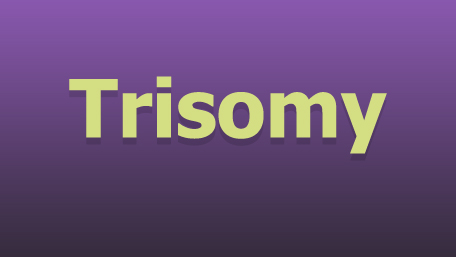Clin Chem. 2017 Feb 14. pii: clinchem.2016.266247. doi: 10.1373/clinchem.2016.266247. [Epub ahead of print]
Noninvasive Prenatal Screening of Fetal Aneuploidy without Massively Parallel Sequencing.
Abstract
BACKGROUND:
METHODS:
RESULTS:
CONCLUSIONS:
© 2016 American Association for Clinical Chemistry.
- PMID:
- 28196921
- DOI:
- 10.1373/clinchem.2016.266247

From From Genomics & Health Impact Scan Database
This database includes published scientific literature on evidence-based translation of genomic discoveries into improved health care and disease prevention that have a potential impact on population health.
- Noninvasive Prenatal Screening of Fetal Aneuploidy without Massively Parallel Sequencing.

Xu Chenming et al. Clinical chemistry 2017 Feb - Noninvasive prenatal testing: more caution in counseling is needed in high risk pregnancies with ultrasound abnormalities.

Oneda Beatrice et al. European journal of obstetrics, gynecology, and reproductive biology 2016 May 20072-5 - The clinical utility of DNA-based screening for fetal aneuploidy by primary obstetrical care providers in the general pregnancy population.

Palomaki Glenn E et al. Genetics in medicine : official journal of the American College of Medical Genetics 2017 Jan - Clinical experience from Thailand: noninvasive prenatal testing as screening tests for trisomies 21, 18 and 13 in 4736 pregnancies.

Manotaya S et al. Prenatal diagnosis 2016 Mar 36(3) 224-31 - Patient Perception of Negative Noninvasive Prenatal Testing Results.

Wittman A Theresa et al. AJP reports 2016 Oct 6(4) e391-e406






















.png)











No hay comentarios:
Publicar un comentario